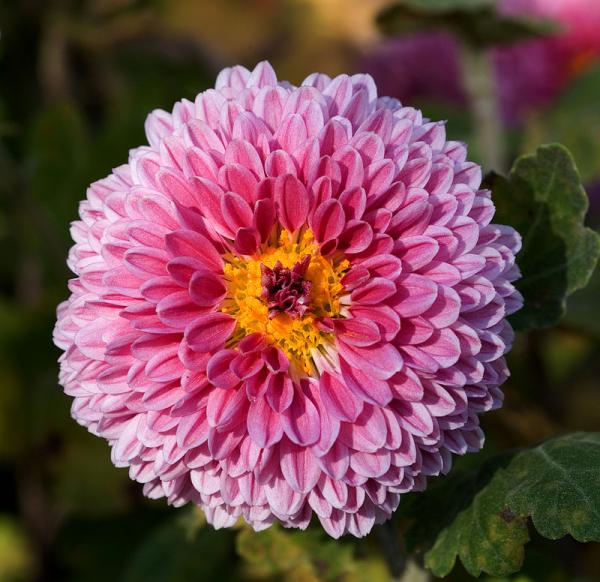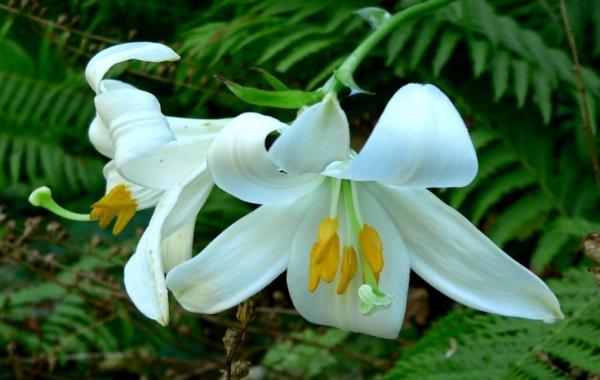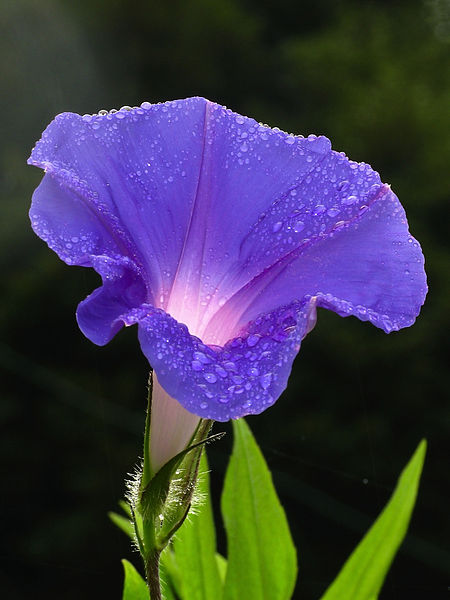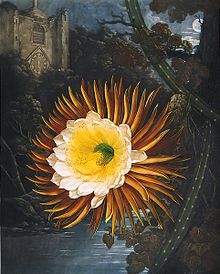Photoperiodism

Shri S.K.Bhatnagar was born in 1937 and brought up at Beawar, Rajasthan. After post-graduation in Botany from Ajmer, he dabbled in agricultural aesearch for a couple of years and then became a lecturer for a short period. He started his career as a civil servant in the Rajasthan Administrative Service. He joined the Indian Revenue Service in 1961 and retired in 1999 as the President of the Customs Tribunal.
Shri Bhatnagar's interests lie in the field of biology, literature and mythology. Under the pen name of Santosh Ratan, he prefers to write on scientific topics in poetic format instead of prose. He likes to draw illustrations from Indian mythology and that too in both English and Hindi. He has published 6 books so far — two in English and four bilingually, including poems on the natural wonders of the world. One of his books, Jeev Jagat Ki Aadharshila has been published in paper format while the others are online at http://santoshbhatnagar.weebly.com/ and https://www.scribd.com/user/379765454/S-K-BHATNAGAR-SANTOSH-RATAN.
We all know
Some plants flower in winter only
When days are short and nights long

Some flower in summer only
when nights are short and days long

but some plants just do not bother
when summer comes or winter goes
they flower when they feel like
all the time without any woes
curiosity impelled some scientists to know
How and why all this goes on on the fore
And they performed experiments to find out
What makes plants behave as they do day in & day out
In such vital matters as flowering
since hoary days of yore
They discovered that there are pigments in leaves
which are sensitive to different frequencies of light
These chromes sense
Red / Infrared and Blue / UV light rays
and ensure that there is due coordination
in light and time
- Robert J T- Wc-Public domain
Thus they can 'know' when it is day or night
and measuring the length of light /dark period
by making Bio clock 'entrain' the light
they can judge whether it is time to flower
be it winter or summer time
and adjust their other chores accordingly with time.
Each variety has its own calendar
and follows its own time table its entire life time
So Now we know
How Plants are able to 'smell 'seasons
and get ready to welcome it at the right time
Christmas Cactus blooms at the Christmas time
as if it 'knows 'Christmas is about to come!
Morning glory blooms early morning with the rising Sun
as if sun rays have gently woken it up,- in fun !

But Jasmine the Rat-ki-rani prefers to flower at night
as if 'star rays kiss and care for them every night
Ten- o -clock plant knows when it is 10 -o-clock to bloom
as if it knows the office going baboo's office time
Gulaebans plant flowers at 5 pm daily
as if it knows when the evening begins
All this happens automatically daily
As photoperiodism guides, playing its role sincerely.
Editor’s Note: This poem is extract from Author’s book ‘Life Sustaining Processes’ uploaded on his website.

Add new comment